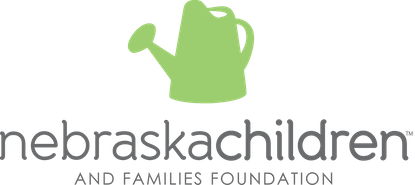Community Response
Community Response is a voluntary system of supports and services for children and families to prevent the unnecessary entry into the child welfare system and/or other high-end systems of care. Participating communities develop and coordinate an array of local resources to determine eligibility criteria, identify families, administer and share screening and assessments, and provide support to qualified families. Typically, communities develop a Community Response Team with designated point persons for central navigation and professionals for management, support and connection. Team members are trained in family-centered practice, protective factors and other core elements. Nebraska Children's Community Prevention Systems are typically rooted in a Community Response model.
Community Response can be considered the prevention track to Alternative Response, and is part of a Community Prevention System being implemented in communities across Nebraska. It comprises formal and informal community services and supports (e.g.churches, basic need agencies, public health, child care, schools, neighborhood groups, etc.) committed to keeping children safely in their homes and out of the public child welfare and juvenile justice systems. The Community Response approach relies on family engagement and practices such as central navigation and flexible funding to provide uniquely tailored services appropriate for each family or youth who has come to the attention of the community. The organized array of resources is accessed through collaborative partners who formally pledge to serve and support families first, no matter the barriers (e.g. funding, eligibility, agency policies, etc.). This allows individuals to access services without a CPS call or being involved in the CPS system.
Goals of Community Response systems include:
- Increasing family and community protective factors to strengthen parent and child resiliency, increase self-sufficiency, and realize positive life outcomes over time
- Reducing entry into the child welfare system
- Increasing informal and community supports for families

